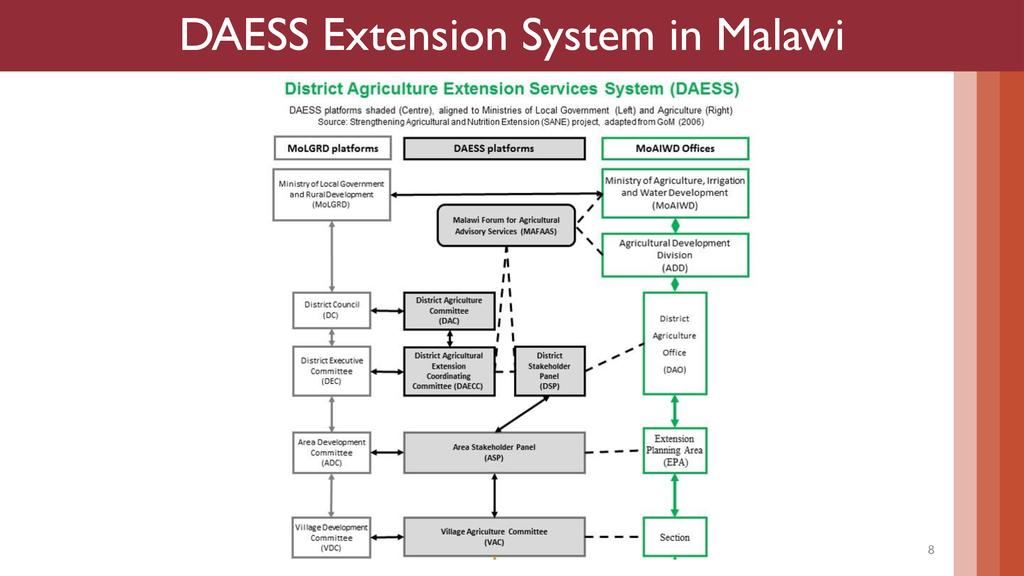Farmer resilience and innovation through community-based Fall Armyworm Control
Presented By: Dr. Austen Moore & Avelardo Rivera
Event: ECHO International Agriculture Conference 2018 (2018/11/13)
The Fall Armyworm pest on the Africa continent has dire consequences for food security, especially in countries with heavy reliance on single staple crops susceptible to its effects. In Malawi, where 60% of calories come from maize, Fall Armyworm is devastating. While externally-driven and pesticide-heavy solutions are promoted, poorly developed input supply chains limit their impacts and local peoples are not fully engaged in developing solutions themselves. Instead, the Strengthening Agricultural and Nutrition Extension project at the University of Illinois is engaging communities to more actively monitor outbreaks and take action through farmer-led stakeholder platforms.
Dr. Austen Moore
Dr. Austen Moore supports the AgReach program at the University of Illinois to promote
smallholder-focused development. As AgReach’s Agricultural and Development Manager and also the Deputy Project Director for the Strengthening Agricultural and Nutrition Extension project in Malawi, Austen brings over 10 years of experience in sustainable agricultural livelihoods, agricultural extension, food security, and community development. His experience includes both administrative and field-based technical roles, helping organizations design and implement innovative solutions to poverty and hunger in Sub-Saharan Africa, Southeast Asia, Latin America, the Caribbean, and the United States. Since joining AgReach, Austen worked with extension professionals, policy makers, and educators in Malawi, Liberia, Ghana, and Timor Leste.















